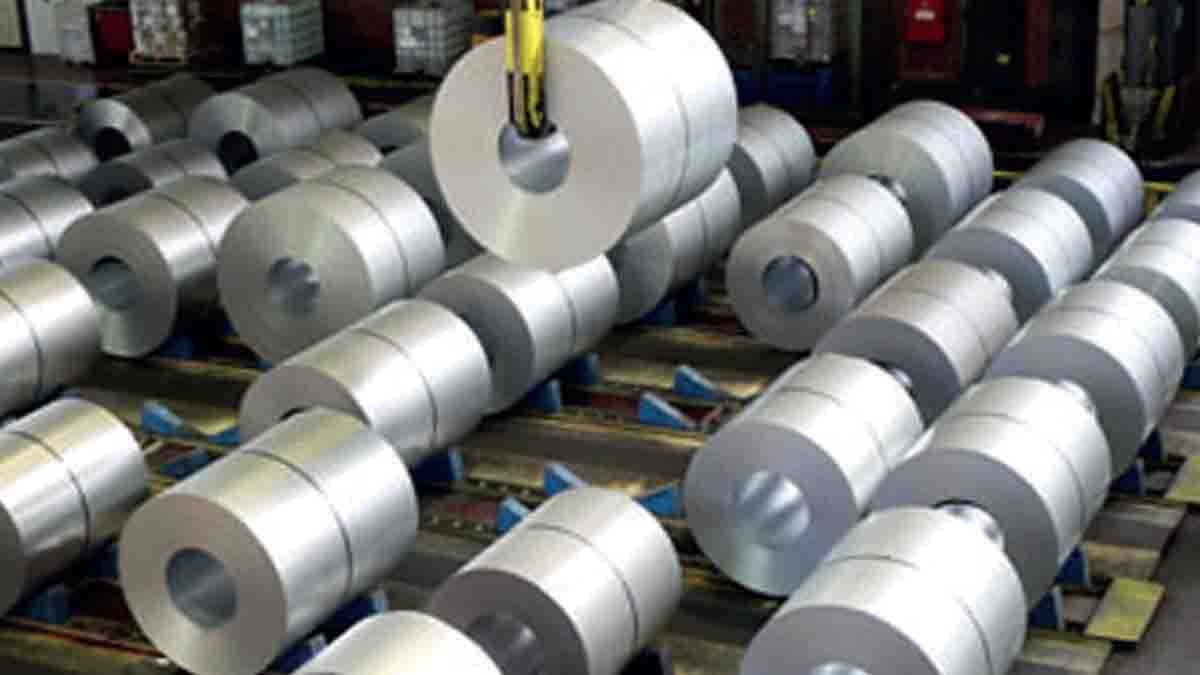Historians assess past events and develop a detailed analysis of their significance.
These professionals conduct intensive research before releasing such publications.
Historians mostly find work in colleges and research institutes.
To enable you to decide if this career path is an excellent choice, this post will discuss what historians do and several relevant pieces of information about historians.
Who is a Historian?
Historians observe historical events and products to draw up an insight according to recent times.
This field has lots of specialties.
Historians always aim to discover why certain events took place, how they have shaped the present, and their impact on the future.
To do a good job, they analyze historical records and evaluate facts.
Moreover, colleges are the major sponsors of historians. It is a career path that offers numerous professional opportunities.
Is a Historian a Good Career Path?
History is the expertise of historians. Historians often enter the field because they enjoy researching and reading about the past, but that passion is only part of the job.
By weighing the benefits and drawbacks of working as a historian, you’ll better decide if this profession is right for you.
Job opportunities for historians are diverse since they can be fulfilled in several fields and capacities. Some historians conduct research that they later turn into articles and books to make a living.
The capacity to successfully juggle professional and personal obligations is a common perk of the historical profession.
Numerous jobs in history, including teaching, writing, and archiving, have standard weekly hours of operation. The majority of jobs in the field of history demand a graduate degree.
Professors and archivists, for example, typically have doctoral degrees and often demand at least a master’s.
These higher levels of education are more expensive and time-consuming to attain, making them out of reach for many people.
To make pursuing a graduate degree in history more doable, aspiring historians can pursue part-time employment or apply for grants and scholarships.
Requirements For Becoming A Historian
Working as a historian is more of an academic job, so to become one, you must earn an education degree from college.
However, after a bachelor’s degree program, completing a master’s degree in history before embarking on this career path is a good step.
By this, you will acquire advanced knowledge, setting you apart from other applicants vying for the same historian job you have.
Moreover, to become a college professor of history, you must earn a doctorate.
You can obtain a bachelor’s degree in four years, a master’s degree in two years, and a doctorate in four years.
Essential Skills That Every Historian Must Have
Here are the skills that you must possess as a historian to find success in this career path:
1. Historical interpretation
Historical interpretation is one of the skills that you must possess to succeed as a historian.
You can develop this skill through a bachelor’s degree program in history.
This skill will enable you to analyze historical activities or artifacts and provide accurate insight.
In short, you cannot survive as a historian if you cannot interpret history.
2. Good memory of details
There are several instances where a historian has to recollect details about past events.
Possessing good details recollection skills will enable you to do this effortlessly and create a good impression of yourself.
This skill will be handy if you work in a museum or become an educator at college.
3. Ability to speak different languages
Although multilingualism is a notable skill for a historian career, you must possess it if you desire to succeed in this career path.
This ability will enable you to read historical documents easily since historical records may not always come in your native language.
4. Writing
As a historian, you must write several reports on the projects you are working on for publication in a journal.
So, possessing good writing skills will enable you to pass your message to the public in a way they can understand.
5. Computer proficiency
Currently, there are lots of apps and software that assist historians in doing their job effectively.
Possessing the ability to use a computer well will enable you to utilize this app, making your job easier and enabling you to achieve a more effective job.
6. Teamwork
As a historian, a project you are working on may require you to partner with your colleague, junior or senior in the industry, or even professionals that are not historians.
If you have good teamwork ability, it will allow you to get everyone involved, enabling the project to proceed seamlessly.
7. Analytical thinking
The historian’s job involves assessing historical documents and studying data to draw valuable insights.
Good analytical thinking skills will enable you to achieve this and make correct guesses no matter how complex the situation is.
8. Oral communication
Historians convey their discoveries and viewpoints to the public through several media channels. Sometimes, they are called to address press conferences or speak at public events.
You will indeed execute this well if you have excellent oral communication skills.
You will also be able to convey your message succinctly and confidently.
How Much Can You Make Working As A Historian?
According to Indeed.com, the average salary of a historian is about $35,000 per annum.
Although this pay is low, this career remains attractive for many people simply because it is very satisfying and offers many professional opportunities.
However, don’t forget that in addition to their salary, historians also receive millions of dollars in aid to fund research projects.
Moreover, the salary of historians can either increase or decrease according to their years of experience, educational qualifications, location of work, and type of organization that employs them.
What Type Of Jobs Can You Get With A History Degree?
Besides the job of a historian, you can land any of the following jobs if you have a degree in history.
1. Writer
Writers are individuals that develop written content for academic and entertainment purposes.
There write on a host of topics and industries.
A writer’s job varies according to their writing; some may write for blogs while others write for research journals.
Most of the writing jobs available all over the world offer remote work opportunities.
2. Research Analyst
Research analysts are experts that assess data for its authenticity and precision.
They primarily work for research institutes and financial companies.
Research analysts ensure that the data professionals use correctly to enable them to develop practical, meaningful solutions to challenges.
You must possess good data collection, assessment, and interpretation skills to excel in this work.
3. Lecturer
The lecturer is one of the best jobs you can get with a history degree.
Colleges employ lecturers to train and develop students who major in their specialty.
As a lecturer, you can get to work for more than one college.
These professionals assess students’ understanding through assignments, tests, projects, and examinations.
As you read on “What Does A Historian Do?,” read more:
- 5 Best Colleges With Rolling Admission (FAQs)
- NESCAC Schools (Admission, Duration, FAQs)
- How Long Do Admission Officers Read Applications? (FAQs)
- How to Increase Your Chance of College Admission
- Baylor Law School (About, Curriculum, Fees, Admission)
- Thomas Francis University (About, Admission, Application)
4. Park Ranger
Park rangers assist in sustaining natural heritage sites on behalf of the government.
They ensure visitors do not break the rules by observing everything in the park.
Besides national parks, park rangers also secure jobs at historic sites, national monuments, and others.
These individuals guard parks monitor wildlife, and direct visitors to the park.
5. Museum Curator
Museum curators handle the artifacts that are in museums.
They are responsible for collecting and presenting artifacts and ensuring adequate maintenance when needed.
Being a museum curator is a job with many specialties.
These professionals complete in-depth studies of any artifacts they receive, complete adequate documentation, organize transportation for artifacts, and ensure they get to museums without damage.
6. Journalist
With a history degree, you can also find work as a journalist.
Journalists write content for blogs and also develop news reports.
After completing intensive findings and fact checks, they achieve this by reading records and talking to personalities at the center of a story.
Journalists formulate story suggestions to editors and either drafts the story independently or collectively with their colleagues.
These professionals make public their findings through several media channels.
7. Archivist
Archivists gather, document, and arrange several artifacts and historical records available online.
They are responsible for uploading pictures of artworks and classifying them to their correct record folders.
These professionals primarily work in museums, where they work with other professionals to assist in organizing art exhibitions.
Archivist is another job you can get only with a history degree.
8. Archaeologist
Archaeologists are responsible for searching, maintaining, and excavating several historical sites.
They do this to look for historical artifacts, assess them and complete intensive research about them.
To perform this job well, one must possess good oral communication skills.
Frequently Asked Questions (FAQs) On The Duties Of A Historian
You can also call historians, chroniclers, genealogists, biographers, autobiographies, and biographers.
To succeed as a historian, you must possess good critical thinking, analytical, and communication skills.
The three types of history that we have are contemporary history, which focuses on events that happened in recent times, cultural history, which focuses on events that took place in the past and counterfactual history, which focuses on events that took place under unpremeditated conditions.
The median annual salary of historians is about $80,000. However, this value can increase or decrease according to the historian’s experience, expertise, skills, educational qualification, and work location.
Conclusion
Historians examine events of the past and provide in-depth evaluations of their relevance.
This is accomplished by exhaustive study followed by disseminating of the resulting insights by the relevant professionals.
Despite the diversity of job options open to historians, most work at academic institutions.
Yet, if you want to land the finest historian job possible, you need to work on improving the skills we have highlighted here.
Awesome one; I hope this article answers your question.
Editor’s Recommendations:
- Is Transportation Services A Good Career Path? (FAQs)
- Is business services a good career path? (FAQs)
- Is packaged foods a good career path? (FAQs)
- 11+ Best Paying Jobs In Metal Fabrications (FAQs)
- Why is Africa Called The Dark Continent? (FAQs, Reasons)
- Is Natural Gas Distribution a Good Career Path? (FAQs, Jobs)
- Is Metal Fabrications a Good Career Path? (FAQs)
If you find this article good, please share it with a friend.





